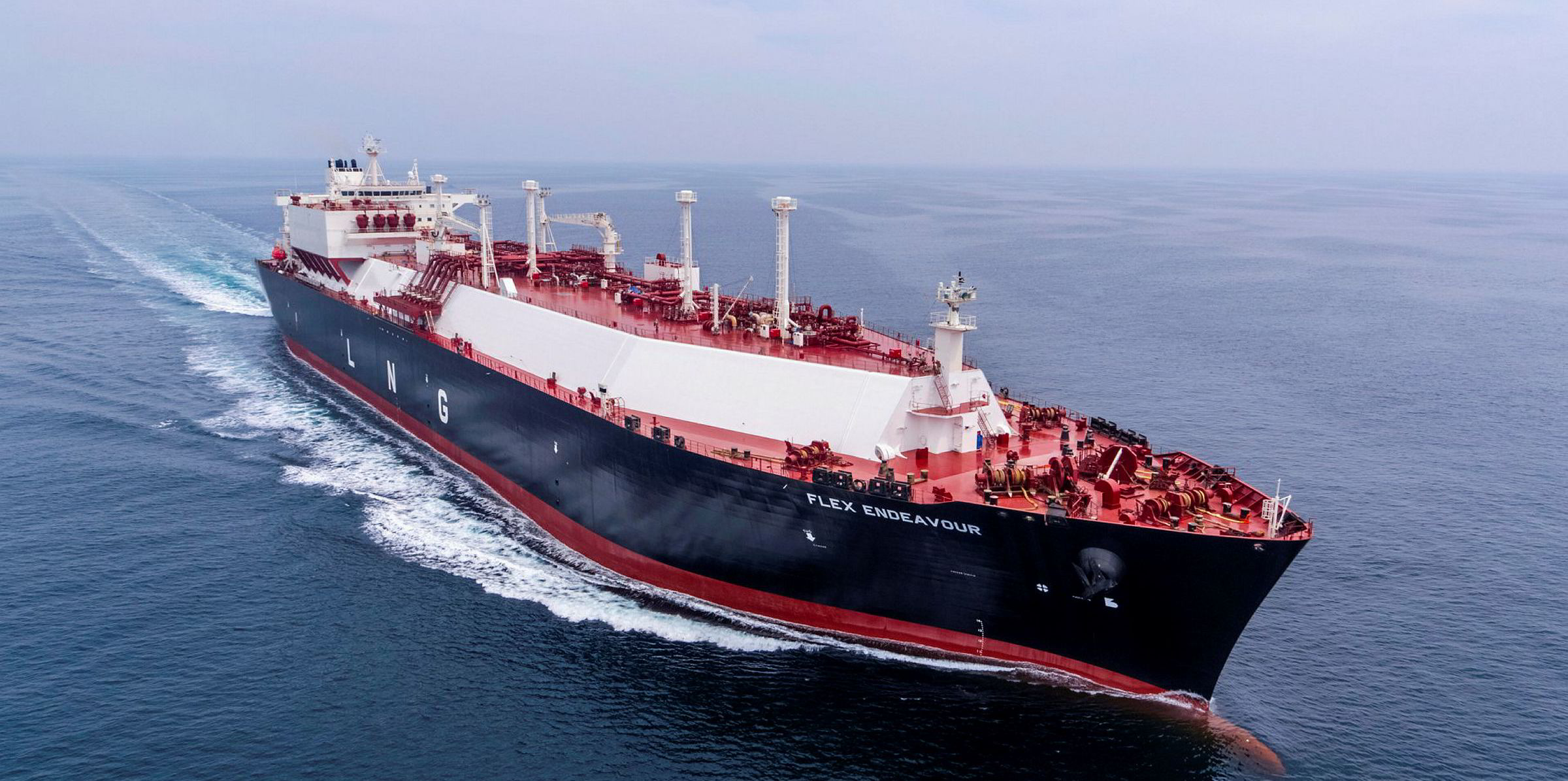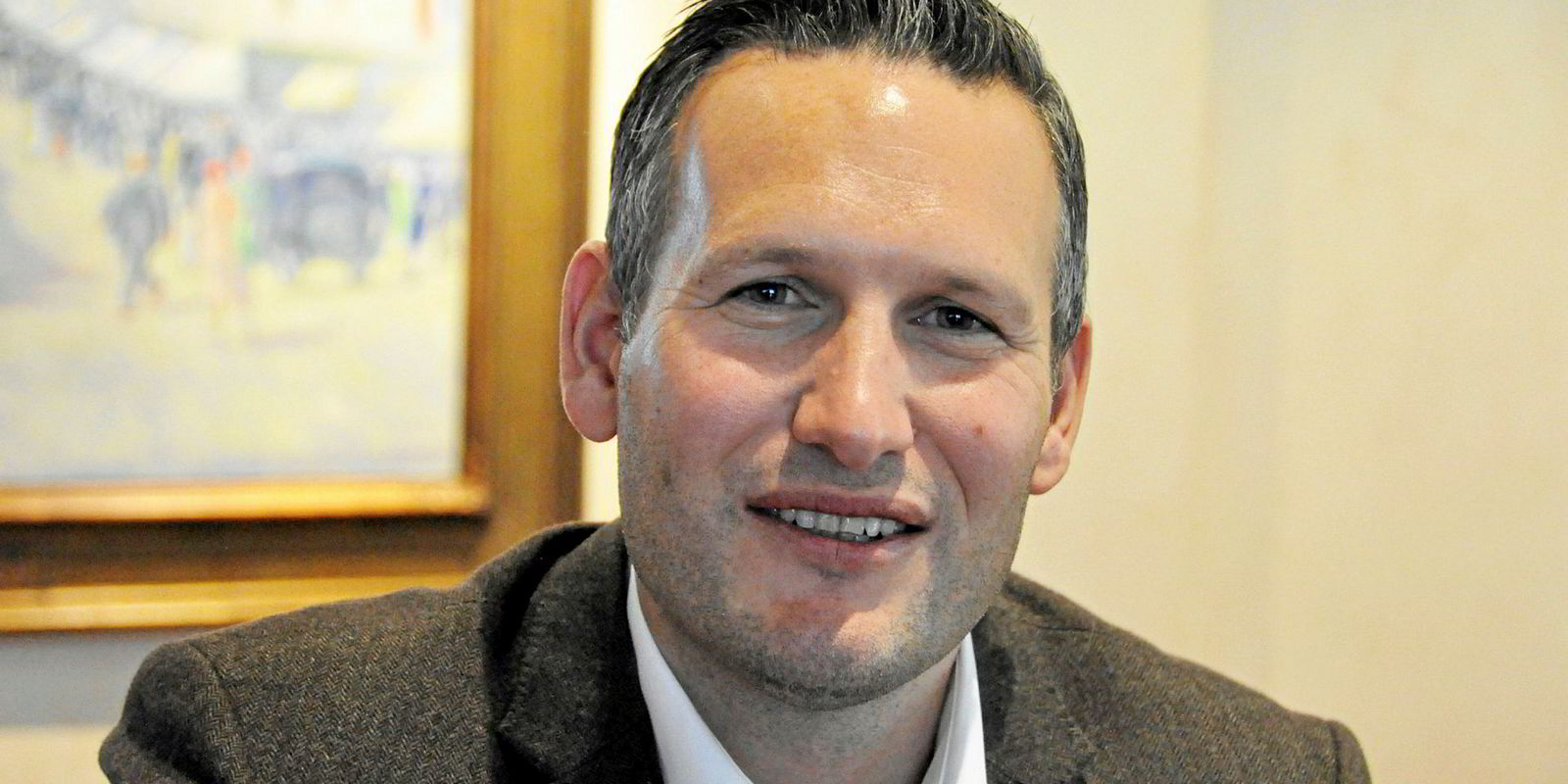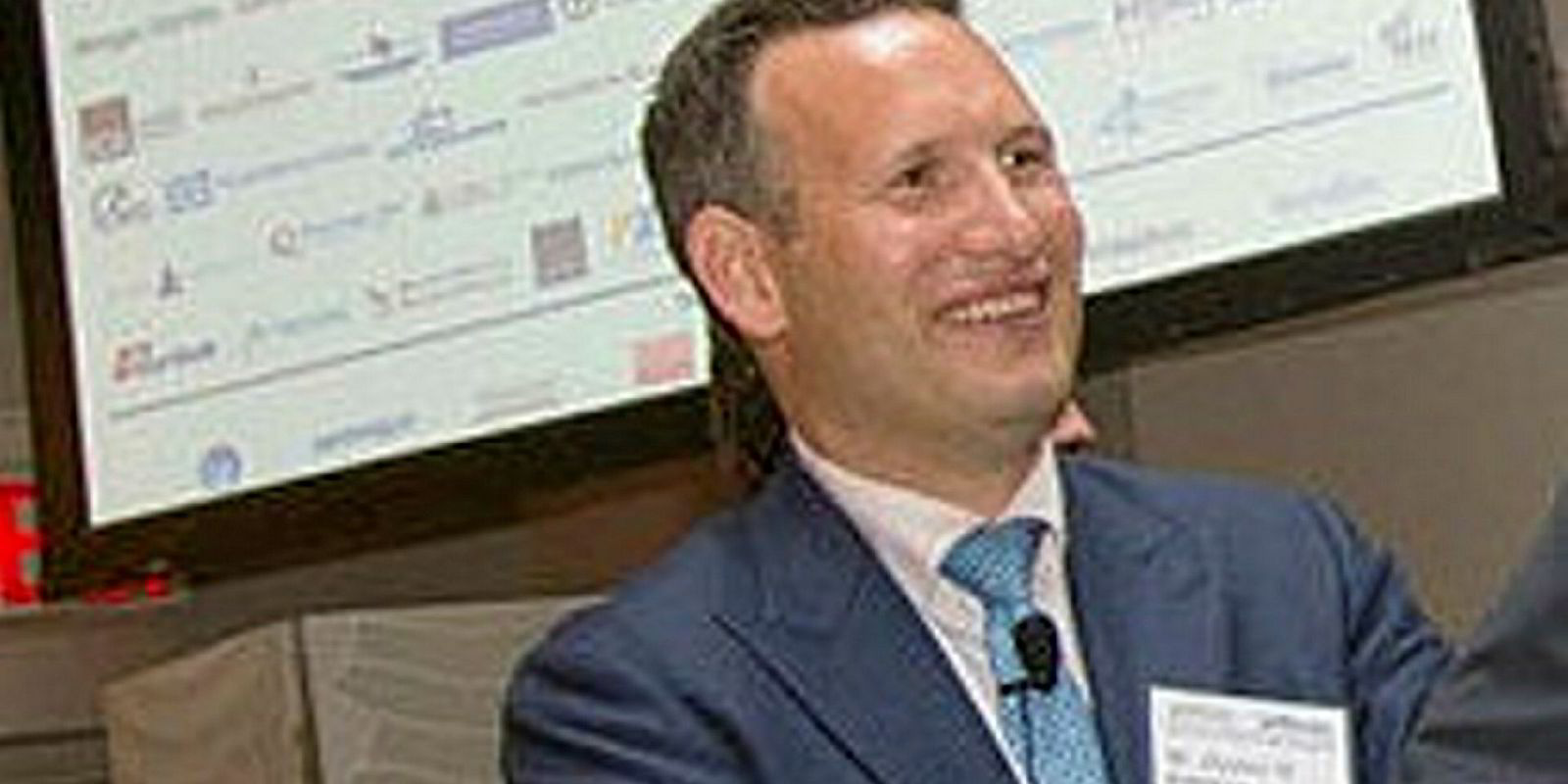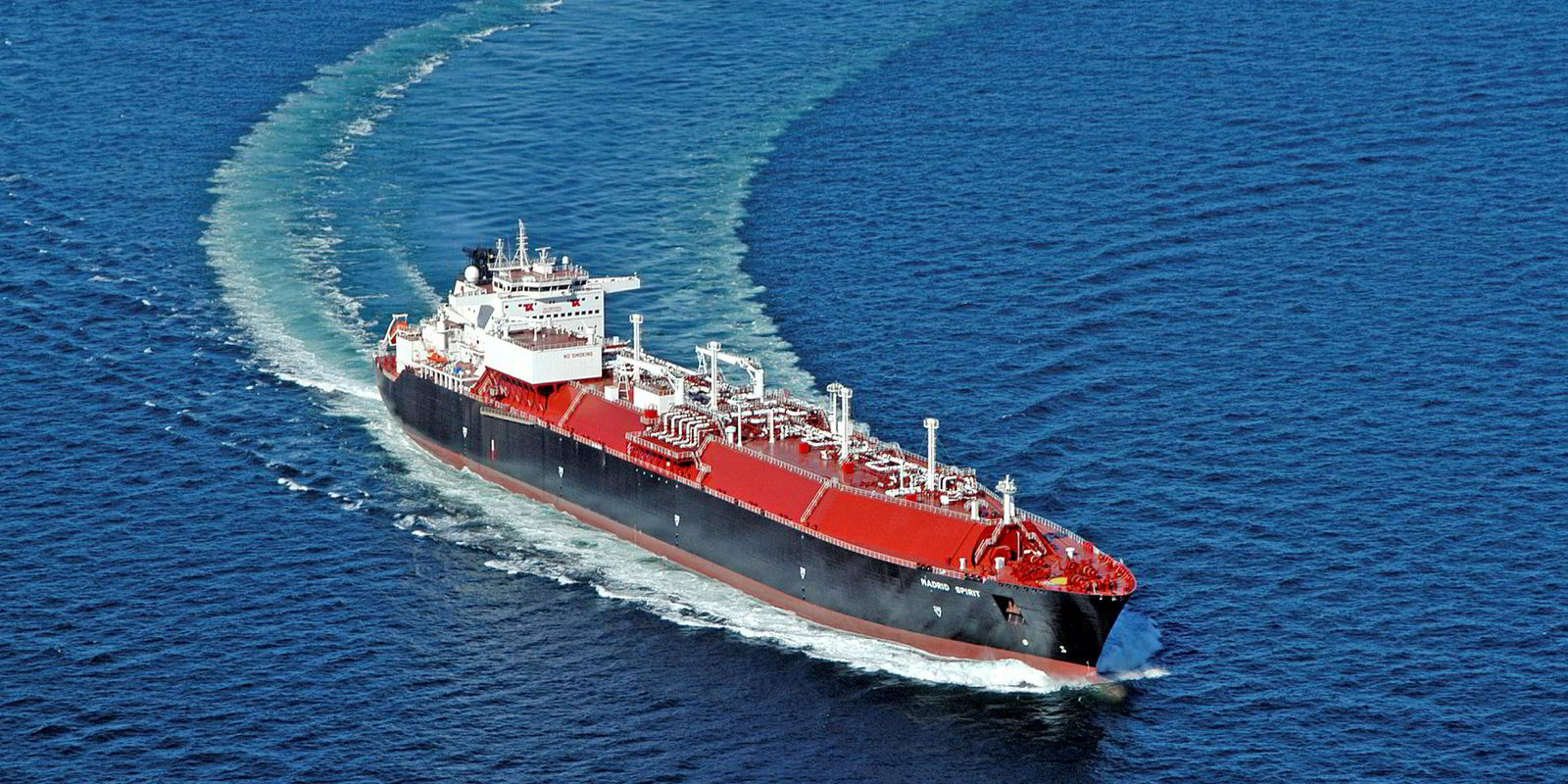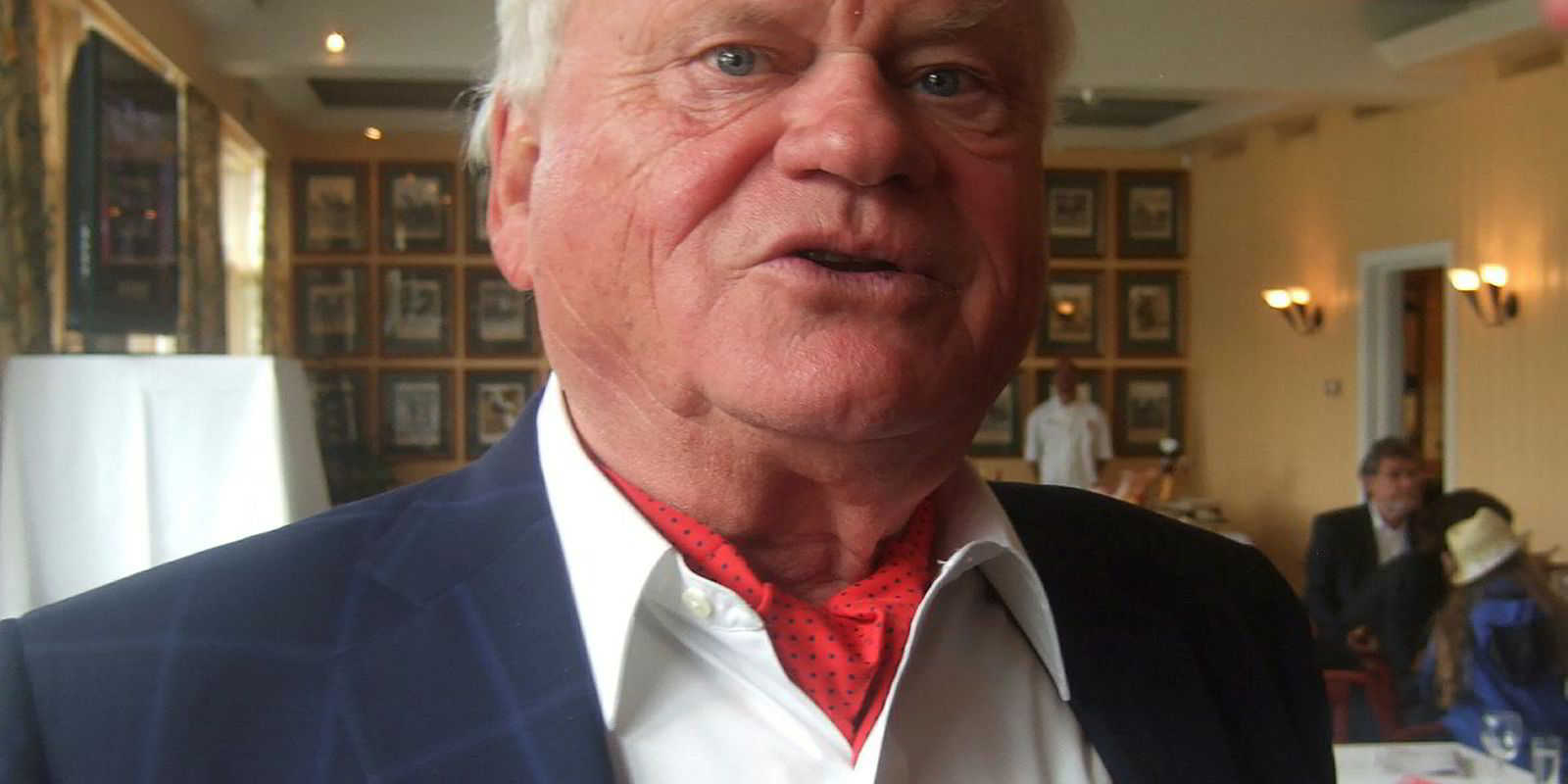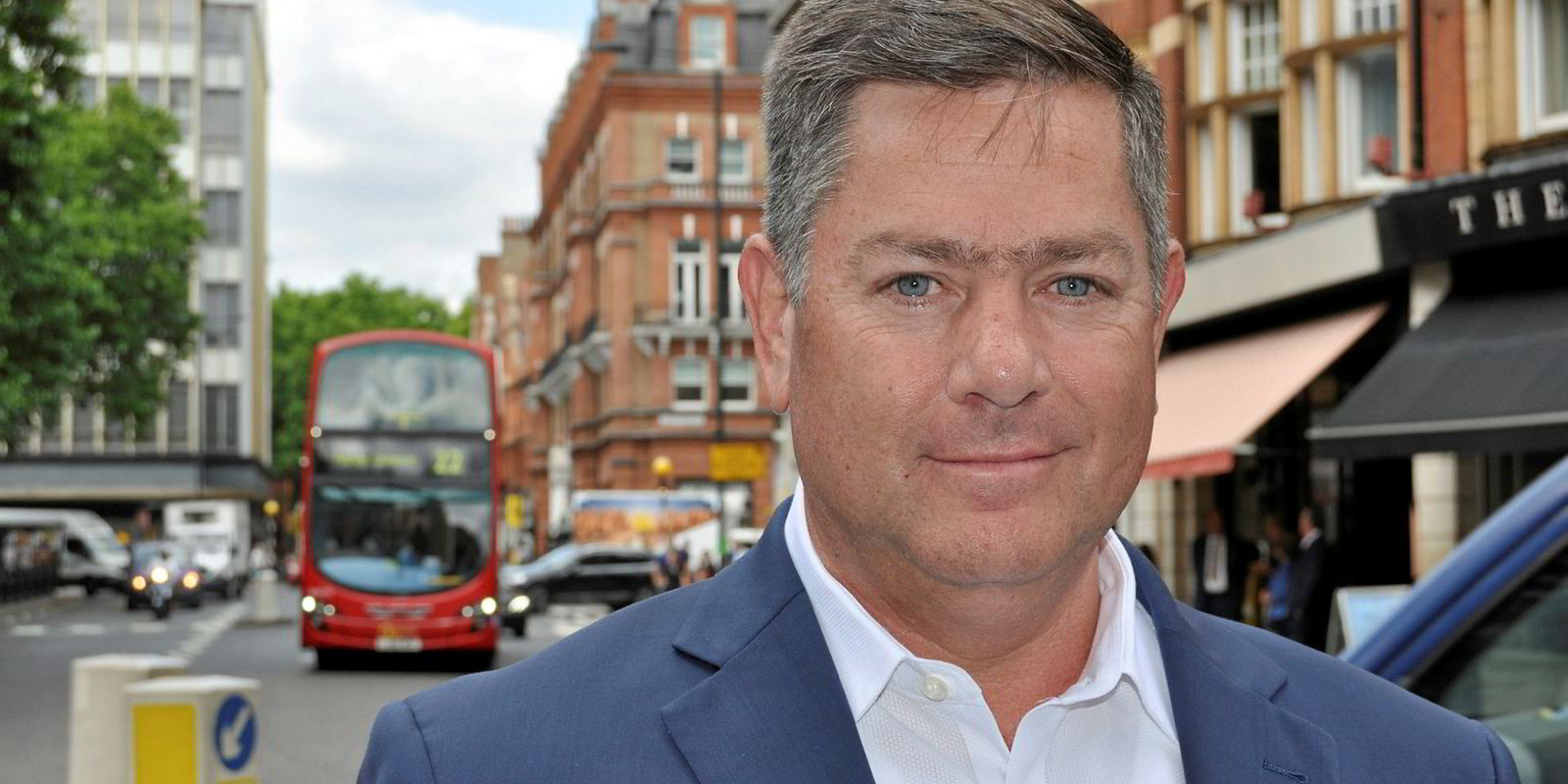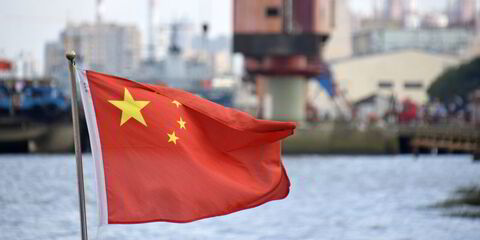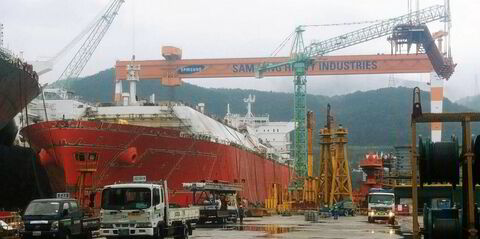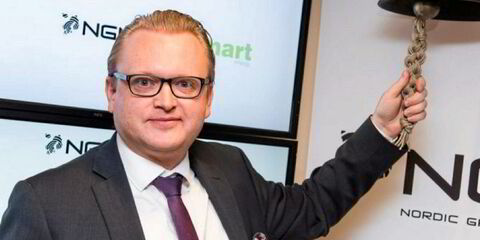Oystein Kalleklev believes LNG will be a tight shipping market for years to come, with a dearth of vessels on the horizon for 2021-2022.
The headline rate for Flex’s LNG carriers is currently between $100,000 and $150,000 per day, the chief executive says, with the wide margin reflecting where the ship is positioned, whether it is in a cold condition and the length of the voyage. “That is the snapshot now.”
Kalleklev believes the market will remain firm.
“I don’t really foresee that it will weaken,” he says. “I think the winter will be great.
“I think there will be less seasonality for the freight market in [2019]. Every time you see softness, charterers will see this as an opportunity to sweep in and get vessels.
“That’s why we have this business model where we have only ordered these fifth-generation, two-stroke, slow-speed with gas-injection vessels and we have deliberately not been chasing long-term contracts because we felt it is a better time to do it when the market is tighter.
“Doing long-term contracts when the market is over-supplied is not really a recipe for making a good profit for our shareholders.”
Flex has two ships locked into short time-charter contracts to Uniper and Total for firm periods of 15 and six months respectively and has added another charter from mid-2019 to 2020.
Its 173,400-cbm Flex Enterprise and 174,000-cbm Flex Ranger (both built 2018) are trading in the spot market and Kalleklev says utilisation is good.
“We have a belief in the market, but we are also humble enough to say that we might be a bit wrong,” he says, explaining that Flex is trying to be open to the market.
He stresses that 2018 has been a challenging year, with a record 55 newbuildings scheduled for delivery set against delays to new liquefaction projects. But he sees it as simply a transition year to a tighter market.
“We don’t have our stone tablet which we are carving our strategy into,” he says. “If we can do a good deal, meaning a period charter which can make sense in terms of the economics, we do that.”
But, he insists, Flex is not there to do charters simply to get goodwill from its bankers: “The company is well capitalised and has the resilience to be open in the market and elect, ourselves, when we want to do long-term charters.”
Kalleklev describes LNG as the most interesting segment for shipping at present. Not only will demand for vessels increase, but much of the older, less efficient fleet will need to be replaced, he highlights.
The difference in LNG is that there is trendline growth in the commodity, he adds, meaning it is likely to take less time for the sector to get out of an oversupplied market, and making it more resilient than other, more mature vessel areas.
Flex announced this year that it would no longer be pursuing floating storage and regasification unit business.
Kalleklev describes FSRUs as “victims of their own success” after lucrative deals encouraged more orders at a time when some contracts failed.
“With an oversupplied market we don’t see any value in spending a lot of money on this, so would rather let the market clear itself — and that will take some time, we think,” he says.
